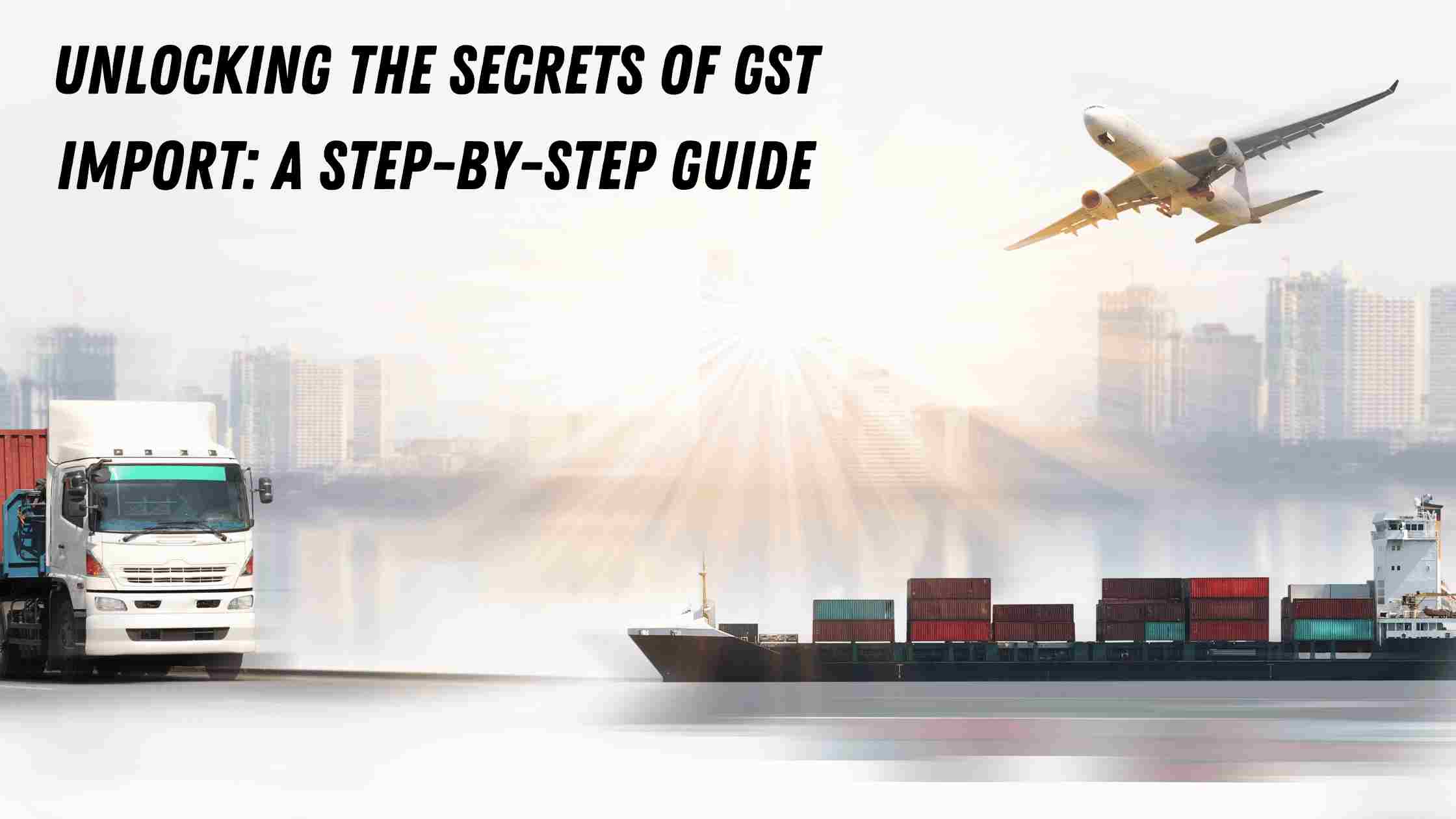Under GST, a taxpayer requires to compute aggregate/total turnover or turnover in state for various purposes. The threshold limits of turnover are mentioned at various places like at time of registration or determining the eligibility for composition scheme.
Purpose of Turnover:
1. Aggregate turnover:
The primary requirement for registration under GST is turnover. Further aggregate turnover is required at time of checking the eligibility for opting the composition scheme.
What is aggregate/total turnover?
The total turnover means value of all: –
- Taxable supplies;
- Exempt supplies- supplies which are part of GST but tax is not levied;
- Exports;
- Non taxable supplies- Supplies which are not covered under GST regime (like petrol, alcohol etc.,);
- Outwards supplies (Sales) on which RCM is paid by purchaser.
But excludes the followings:
- GST Taxes;
- Compensation cess under GST;
- Inwards supplies (Purchases) on which RCM is paid by the taxpayer.
This need to be computed PAN wise for entire India.
Example 1: A dealer Mr. Sam has two offices- one in Delhi and another in Kerala. In order to determine the aggregate turnover of Sam, turnover of both the state needs to be considered.
Example 2: Nick is engaged in supplying machine oil as well as petrol. Supply of petrol is non-taxable supply under GST, but supply of machine oil is a taxable supply. So, in order to determine the aggregate turnover of Nick, turnover of both the supplies will be considered.
2. Turnover in State:
Once a person is eligible for composition levy, the amount of tax payable by person under composition levy would be computed as a % of turnover in state or union territory (UT).
Turnover in state or UT means supply of: –
- Taxable supplies;
- Exempt supplies- supplies which are part of GST but tax is not levied;
- Exports;
- Non-taxable supplies- Supplies which are not covered under GST regime (like petrol, alcohol etc.,);
- Outwards supplies (Sales) on which RCM is paid by purchaser.
But excludes the followings:
- GST Taxes;
- Compensation cess under GST;
- Inwards supplies (Purchases) on which RCM is paid by the taxpayer.
The above supplies should be made within a State or Union territory by a taxable person.
Important point to be noted: The aggregate turnover does not include the inwards supplies (Purchases) on which GST is paid by taxpayer on RCM basis. So, at time of computing the total turnover ensure only sales transaction are considered.
Disclaimer:
The information provided in this content is for general informational purposes only. You should always seek the advice of expert before making any decisions based on the information provided. We do not warrant or guarantee the accuracy, completeness, or usefulness of the information provided. Any reliance you place on such information is strictly at your own risk. We shall not be liable for any damages, losses, or expenses arising out of or in connection with the use of this content.








